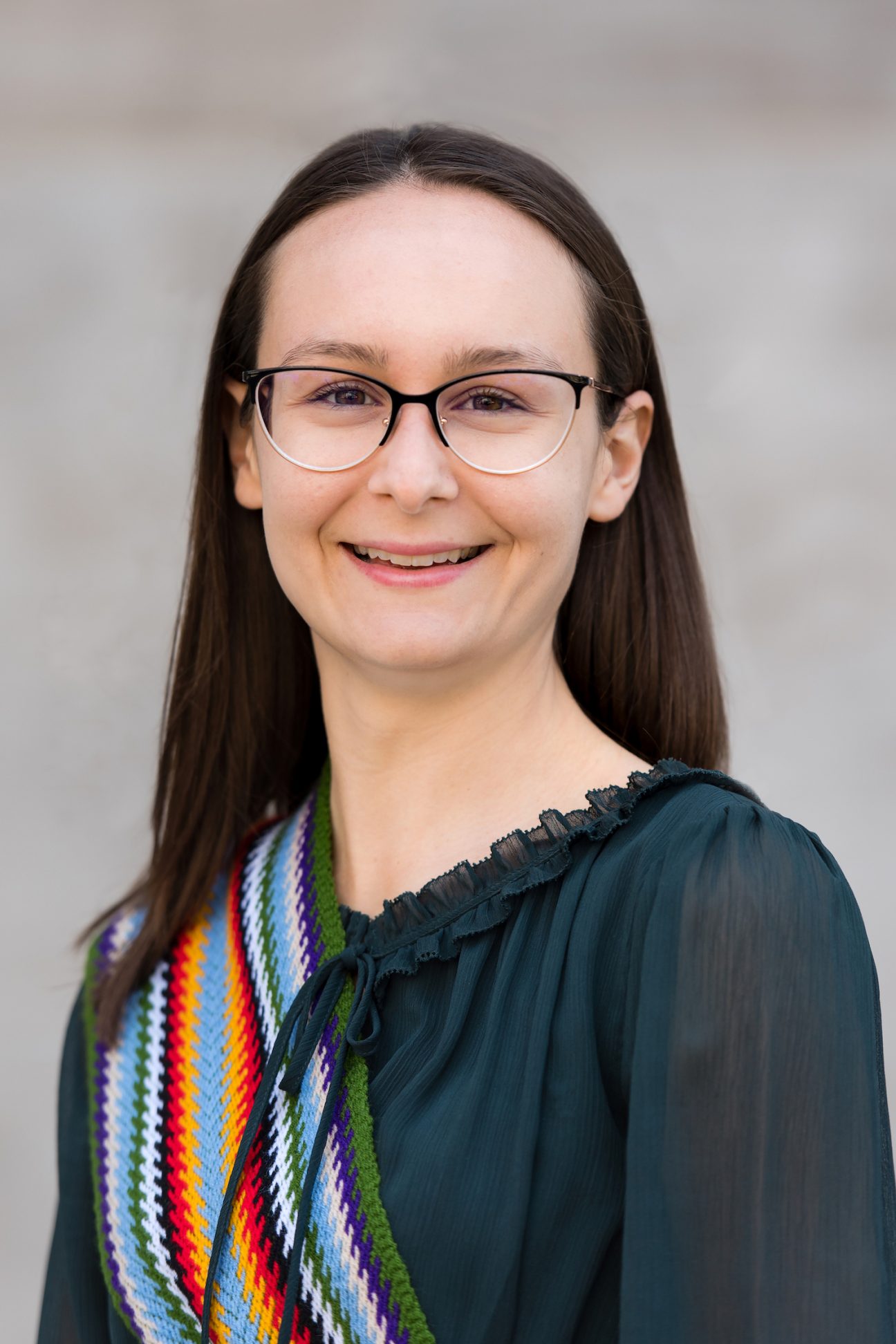Robyn Grant-Moran’s podcast interview with Marissa Magneson
Robyn Grant-Moran: You probably know Marissa for her seemingly tireless COVID programming. She’s been facilitating TYRMC beading, tufting, open crafting circles, and book clubs for adults and youth. She is a talented artist and academic and everything she does is for the betterment of community. Without further ado, here’s my time with Marissa!
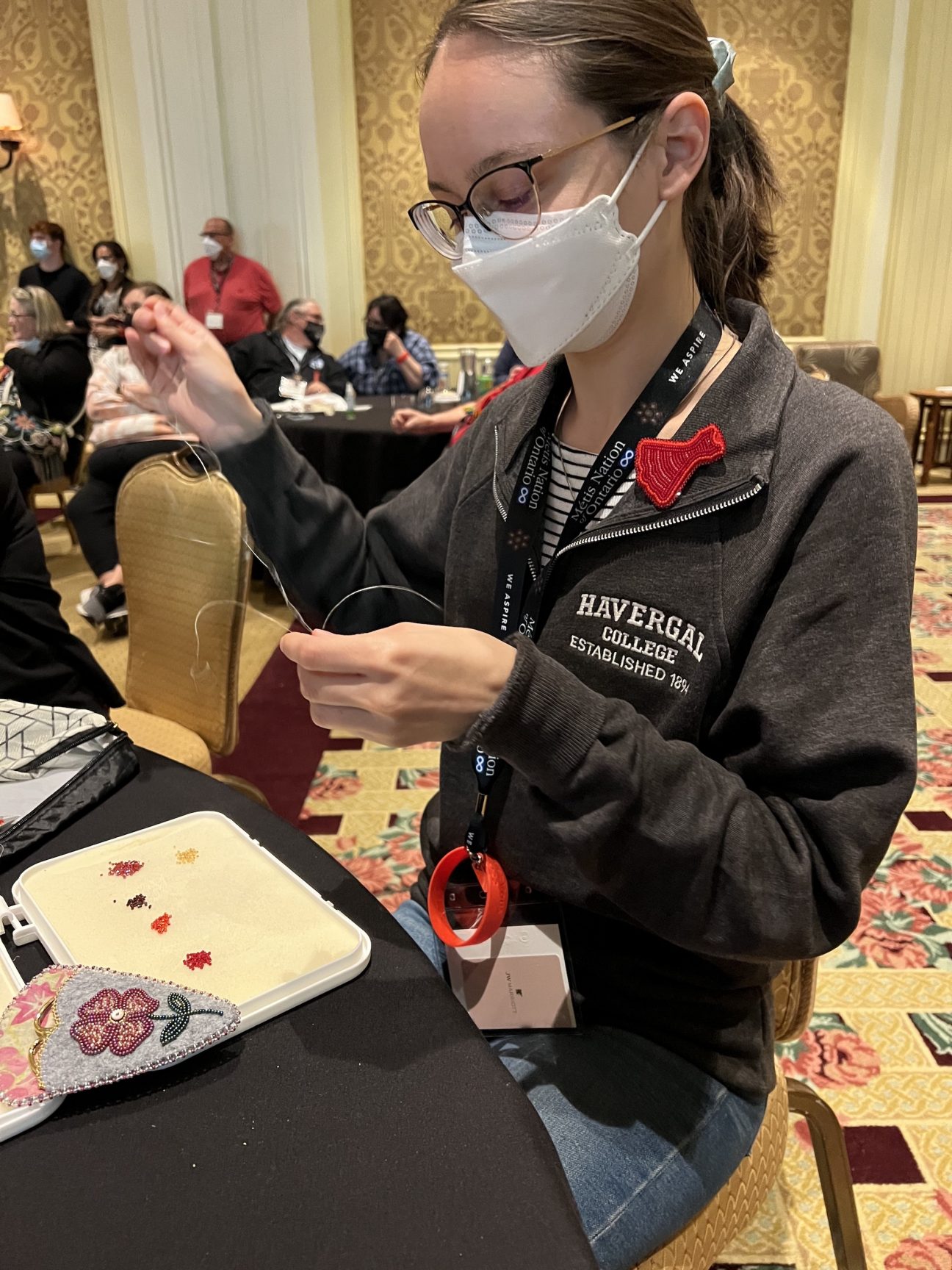
Robyn: You are the Toronto and York Region Métis Council Youth Representative. How long have you been doing that? What got you into it?
Marissa: It’s coming up on two years now. I started getting involved with going to different youth events through MNOYC, the Métis Youth Council through the MNO and going to their annual youth conferences. And then somewhere along the way I ran into Shirley, who is our President. We kind of chatted that there was a vacancy for the Youth Rep. position and I was at the stage where I was just trying to figure out where I was going to be in the world. I was just finishing up my first year of my Master’s degree and I was living in Peterborough, but I was applying for a job in Toronto. I did get the job and I ended up moving to Toronto! I messaged Shirley right away and I said “I’m going to be in the city, is that position still available?” and that’s how it all got started.
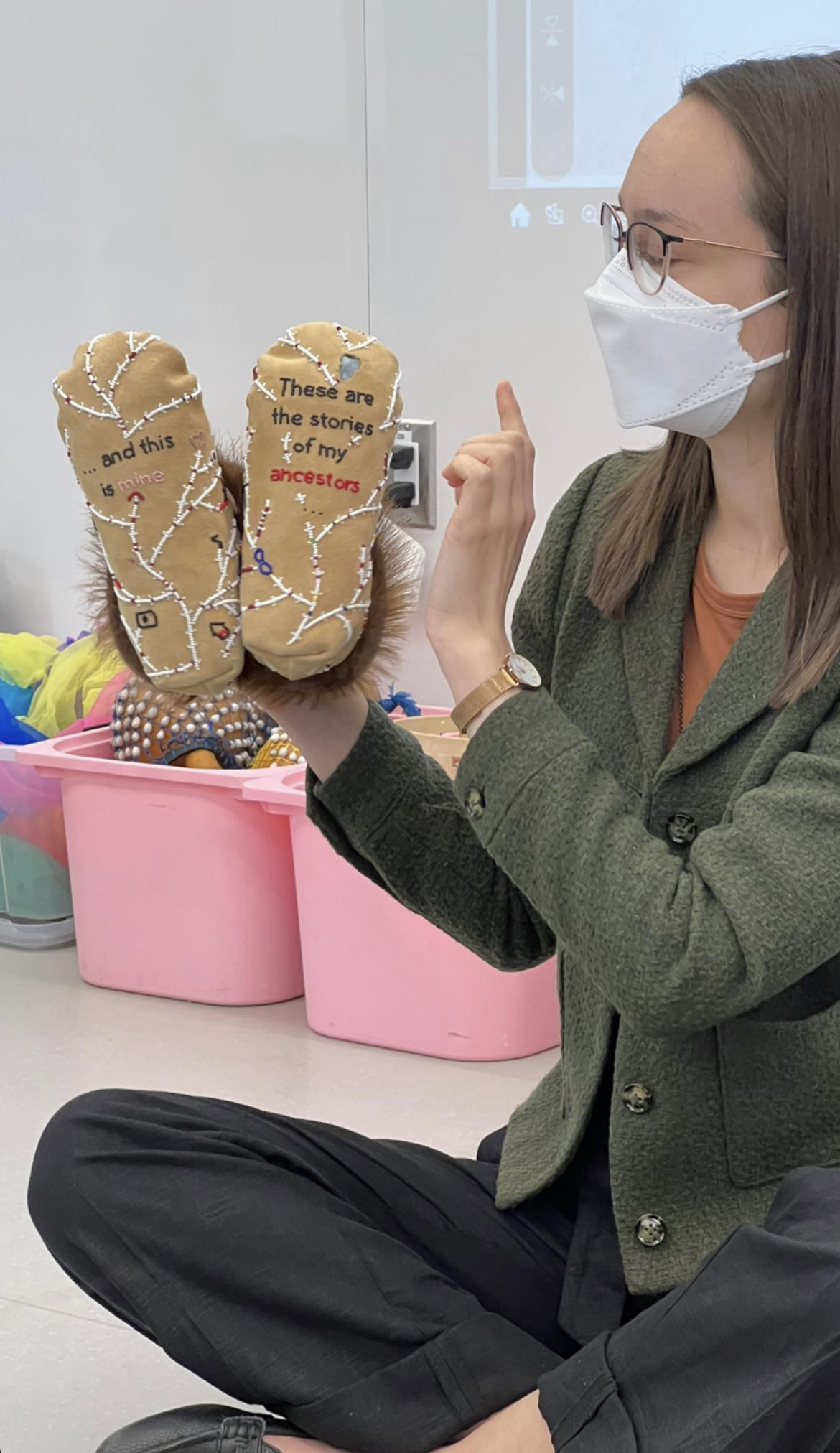
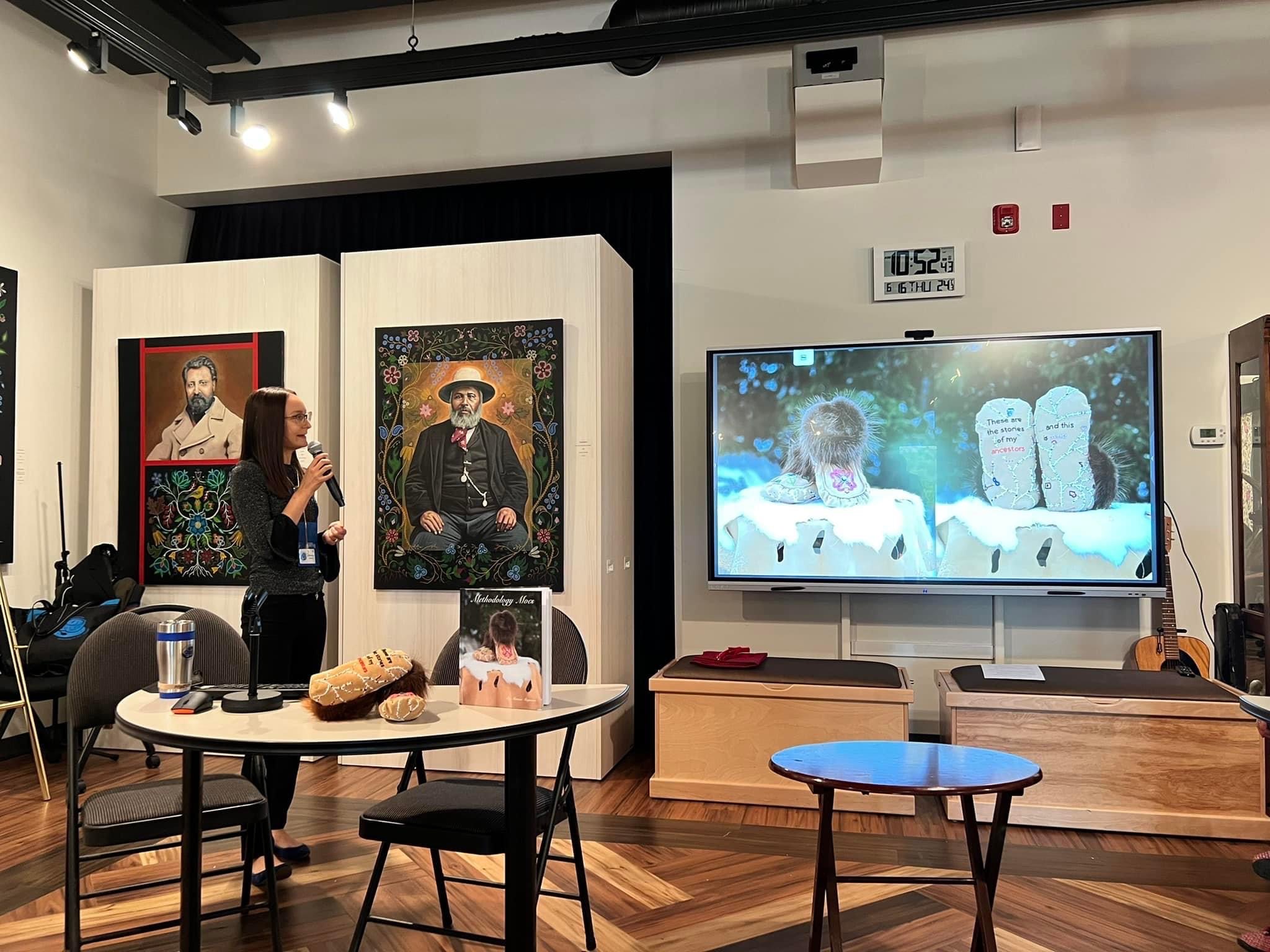
“The methodology that is really at the core is actually visiting and spending time with my family”
Marissa Magneson
Robyn: What was your Master’s on?
Marissa: My paper was titled My Methodology Moccasins: Walking in the Footsteps of My Ancestors, a Decolonial Approach to Research Centered in Beadwork as Visual Storytelling. Essentially, I used beadwork and beading a pair of moccasins to tell my story as a graduate student and the journey that I am on to reclaiming my culture, decolonizing my practice through education, and exploring what research should really look like from an Indigenous methodology/Indigenous worldview. So, there are a lot of questions that I posed in my research, a lot of answers that I’m beginning to find and I look forward to continuing this journey well into the rest of my life.
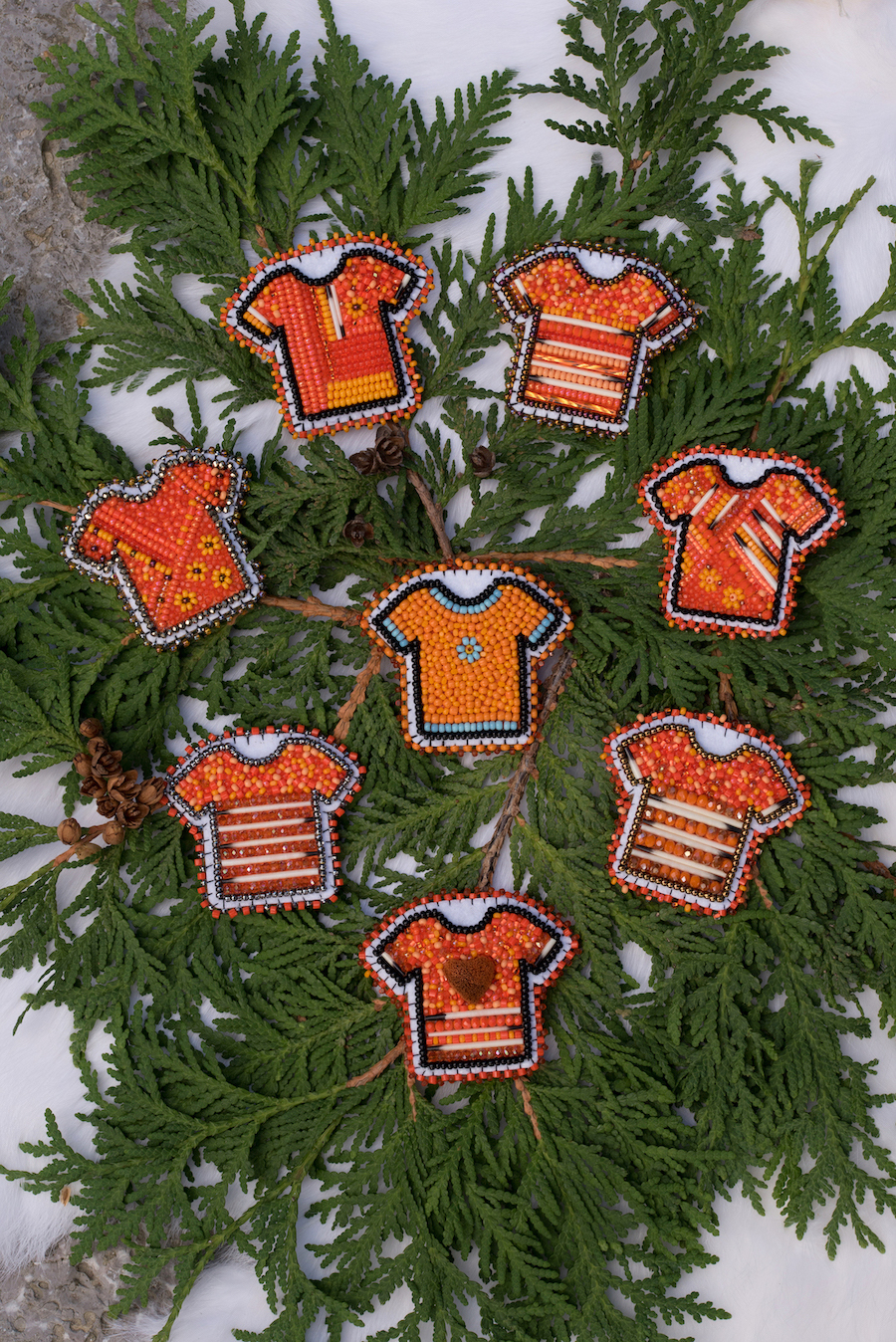
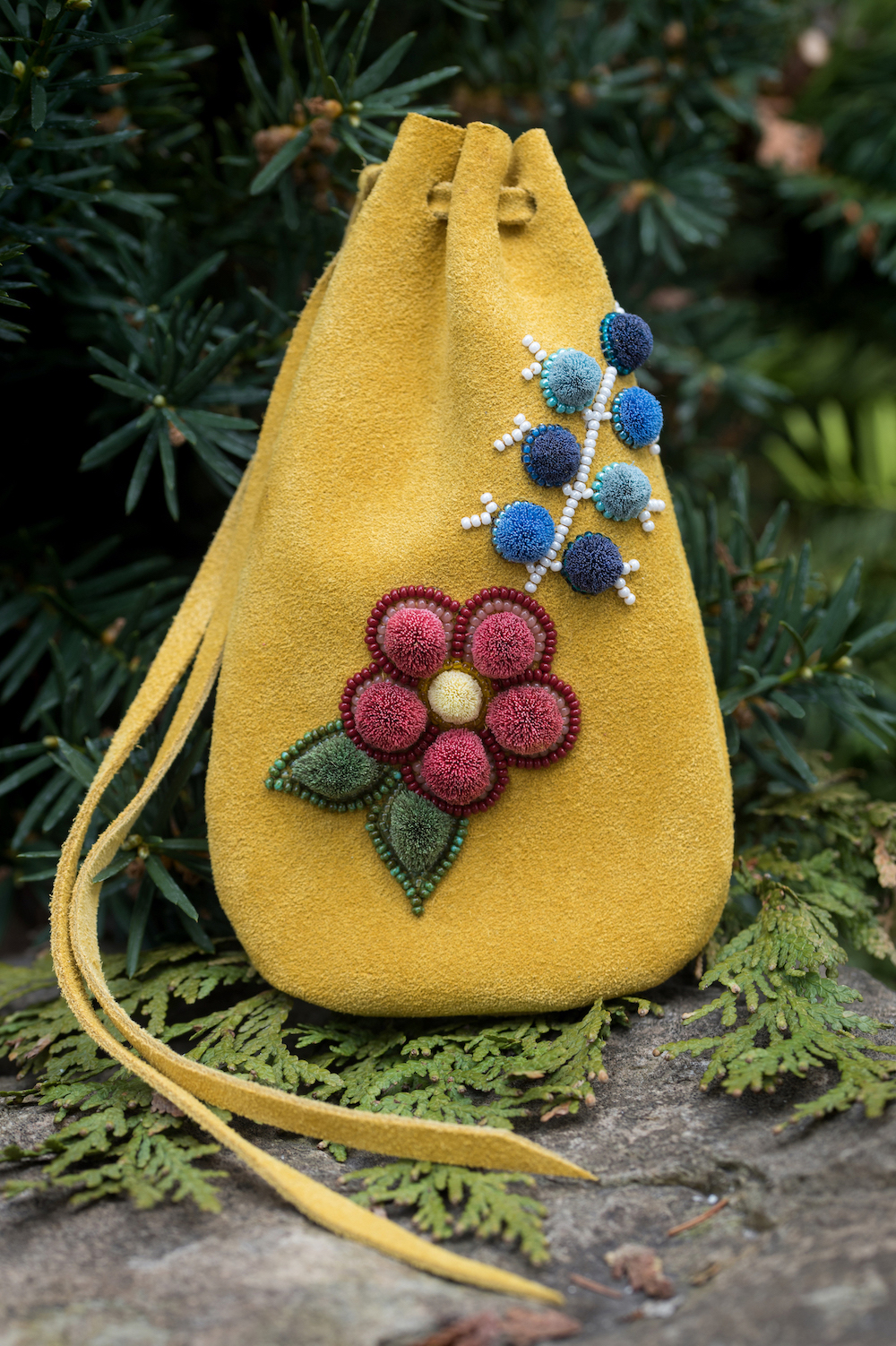
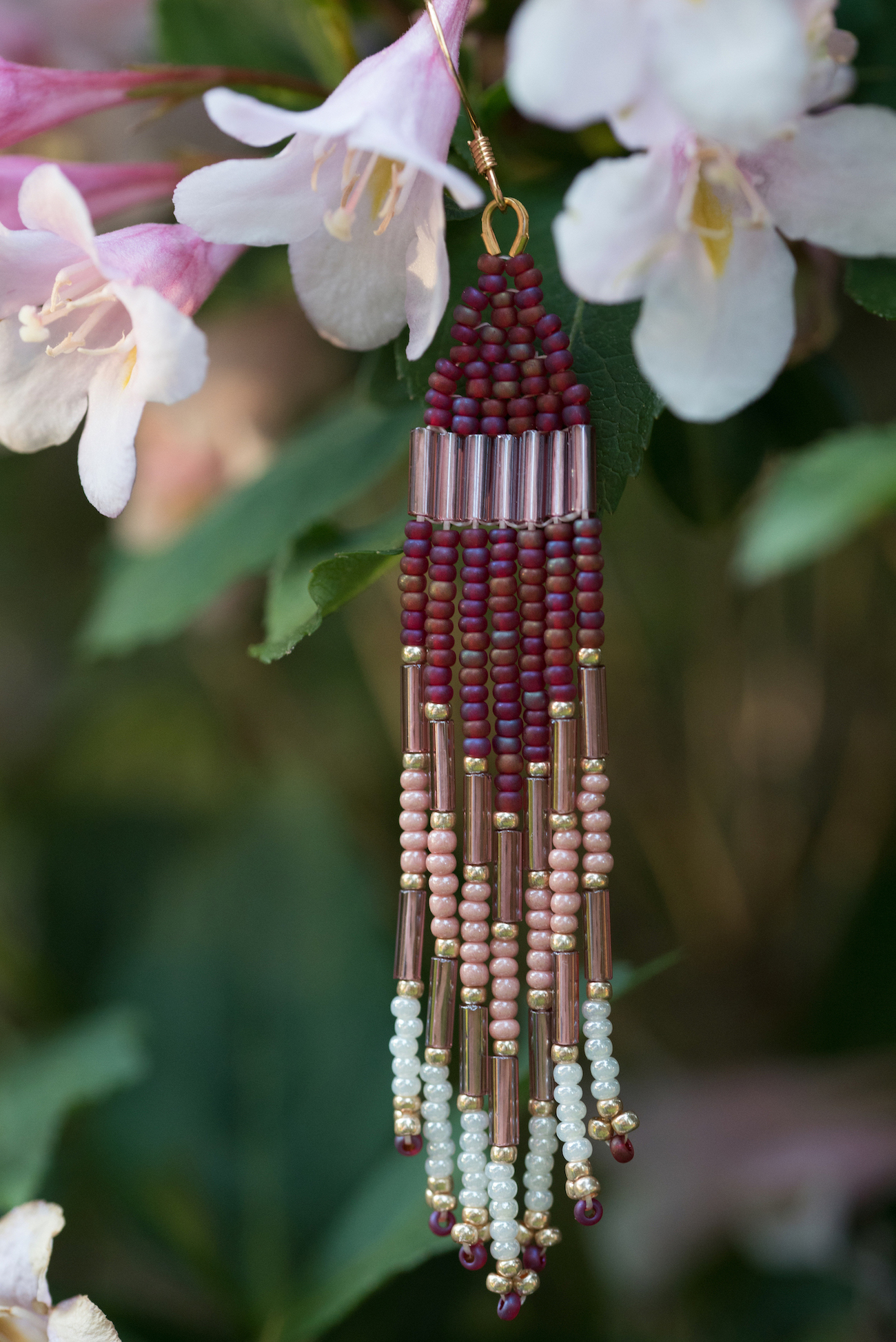
Robyn: You’ve been teaching/doing workshops with the TYRMC throughout COVID. Do you want to tell us a little more about that?
Marissa: Pre-covid, I started doing workshops for the TYRMC (beading workshops) and we did a few at the Waterfront Centre in Toronto and then COVID hit and I asked if we wanted to take those virtually. It was quite a success; people enjoyed it! We started off with the “bead this in your style” challenge. I don’t know if people are familiar with that hashtag, but if you look it up on Instagram it follows different beading templates that people have designed, and then people are invited to bead it in their own style. Then this past year in 2021, we’ve done quite a number of workshops that started with a three-part beading workshop series, where we did fringe earrings, peyote stitch earrings and embroidery beading. Then we did a few open beading circles and craft circles where people could bring their projects or get ideas to start a new project, ask questions, and learn from one another. Then we had a tufting beading Medicine bag series; that was a five-week session together where we learned about tufting, we did beading on leather and we all made our own medicine pouches. After that we had Justine Woods join us to do moccasin making and I assisted with hosting those workshops and helping out with the kits. So that was a lot of fun! We’ve been quite busy, but it’s been quite a success to have these virtual workshops happening.
Listen to the rest of the podcast to hear Marissa share about her connections to Indigenous Arts, her incredible Masters research and piecing together how Métis culture has shown up throughout her family history.

